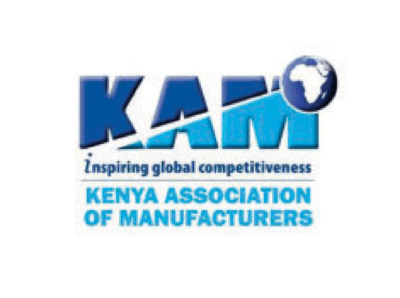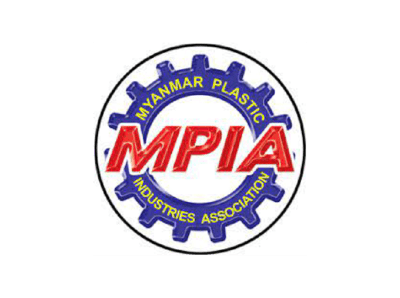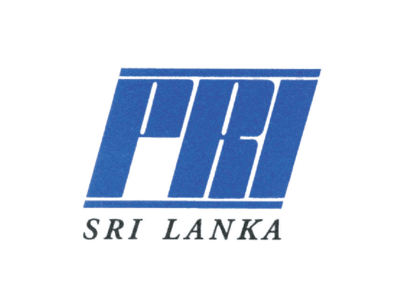ABOUT THE EXHIBITION




Edition
Nov 2024
Kathmandu




PLAST NEPAL was framed with an idea to promote trade in one of the growing economies in the South Asia Region, Nepal. Nepal’s GDP in 2021 stands at US$ 36 billion, with a per capita GDP of US$ 1,236. The main economic sectors of the country are agriculture, carpet and garment industries, tourism, and service industries. Nepal’s imports are valued at US$ 10 billion, mainly comprising of petroleum products, machinery and equipment, electrical goods, and medicines, while the exports stand at US$ 917 million and are dominated by the agricultural and textile industries.
With years of success records, Plast Nepal aims to alleviate the business opportunities in the thriving plastic market. More than just an exhibition, Plast Nepal provides various other promotional options like Conferences, Seminars, Networking, and much more.
India is the chief trading partner for Nepal for both imports and exports with India’s exports to Nepal valued at USD 7.29 billion in comparison to India’s imports from Nepal worth US$ 0.7 billion. India is one of the major exporters of plastic products in the region, and Nepal serves as an important market for Indian plastic manufacturers. The demand for plastic in Nepal has been increasing rapidly due to the growth of various industries, urbanization, and changing consumer preferences.
The plastic industry in Nepal is a rapidly growing sector, playing a significant role in the country's economy. Nepal has a substantial demand for plastic products due to increasing population and demand.
The plastic industry in Nepal is estimated to be worth around NPR 60 billion (approx. USD 500 million). The market is driven by rising consumer demand, infrastructure development, and increased use of plastic materials in various sectors.
There are over 500 plastic manufacturing units in Nepal, with most of them concentrated in Kathmandu and nearby areas. These units vary in size, with small to medium enterprises dominating the industry. The manufacturing process involves the use of modern machinery and technology to produce high-quality plastic products.
The import process is facilitated by the Indo-Nepal Treaty of Trade and Transit, which allows duty-free and quota-free access to Nepali products in the Indian market. This treaty also promotes bilateral trade between the two countries, including plastic imports.
The Nepalese government has taken several steps to support the growth of the plastic industry and address environmental concerns. These include providing subsidies, tax incentives, and technical support to plastic manufacturers. The government has also introduced regulations and policies to promote the use of biodegradable and eco-friendly plastics.











